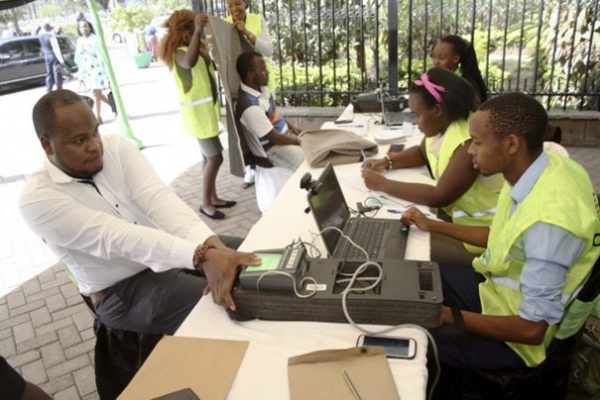Togo is set to resume its biometric identification operation on August 20, 2025. After successfully covering the Gulf Prefecture and Greater Lomé in the first phase, this new initiative will focus on the populations of Agoè Nyivé, located in the northern suburbs of the capital.
The registration process will be conducted by the National Institute of Statistics and Economic and Demographic Studies (INSEED) alongside the National Identification Agency (ANID). This phase aims to assign each resident a Unique Identification Number (NIU). This number will serve as a crucial key to accessing various public, private, and social services.
The implementation of the NIU is significant for several reasons. First, it will streamline access to essential services for residents. With a unique identifier, citizens can easily navigate bureaucratic processes and access healthcare, education, and other vital services. This initiative aims to reduce the barriers that many face in obtaining necessary documentation.
Moreover, the NIU will contribute to the creation of a central, secure, and reliable database. Such a database will enhance the government’s ability to manage and deliver services efficiently. It will also improve data accuracy and reduce the chances of fraud or duplication. The establishment of this central database is a crucial step toward digital transformation in Togo.
This biometric identification campaign is part of the larger e-ID Togo project. This initiative aligns with the West Africa Unique Identification for Regional Integration and Inclusion (WURI) regional program. The WURI program aims to enhance identification systems across West Africa, promoting regional integration and improving access to services for citizens.
The World Bank is supporting this initiative, having allocated USD 72 million in funding for Togo’s e-ID project. This significant investment underscores the importance of improving identification systems in the region. By enhancing access to identification, Togo aims to foster economic growth and social inclusion.
As Togo embarks on this next phase of biometric registration, the government emphasizes the importance of participation from the local population. Awareness campaigns will likely accompany the registration process to inform residents about the benefits of obtaining their Unique Identification Numbers. Participation will be essential for the success of this initiative.
In conclusion, Togo’s upcoming biometric identification operation marks a significant step toward improving access to essential services for its citizens. With the establishment of Unique Identification Numbers, residents can expect a more streamlined experience when accessing public and private services. This initiative not only enhances individual access but also contributes to the broader goal of regional integration through the WURI program. With strong support from the World Bank, Togo is poised to make considerable advancements in its identification systems, ultimately benefiting the entire population. As the registration phase unfolds, the government hopes to see widespread participation and positive outcomes for all residents.





